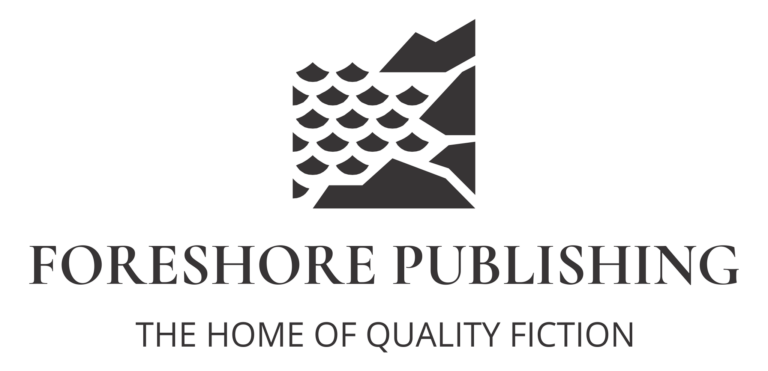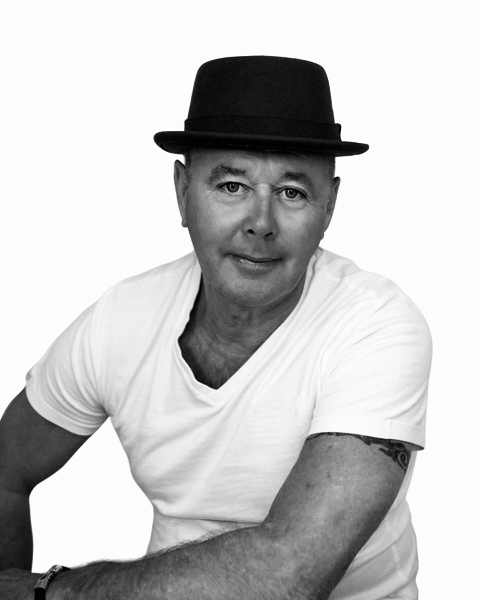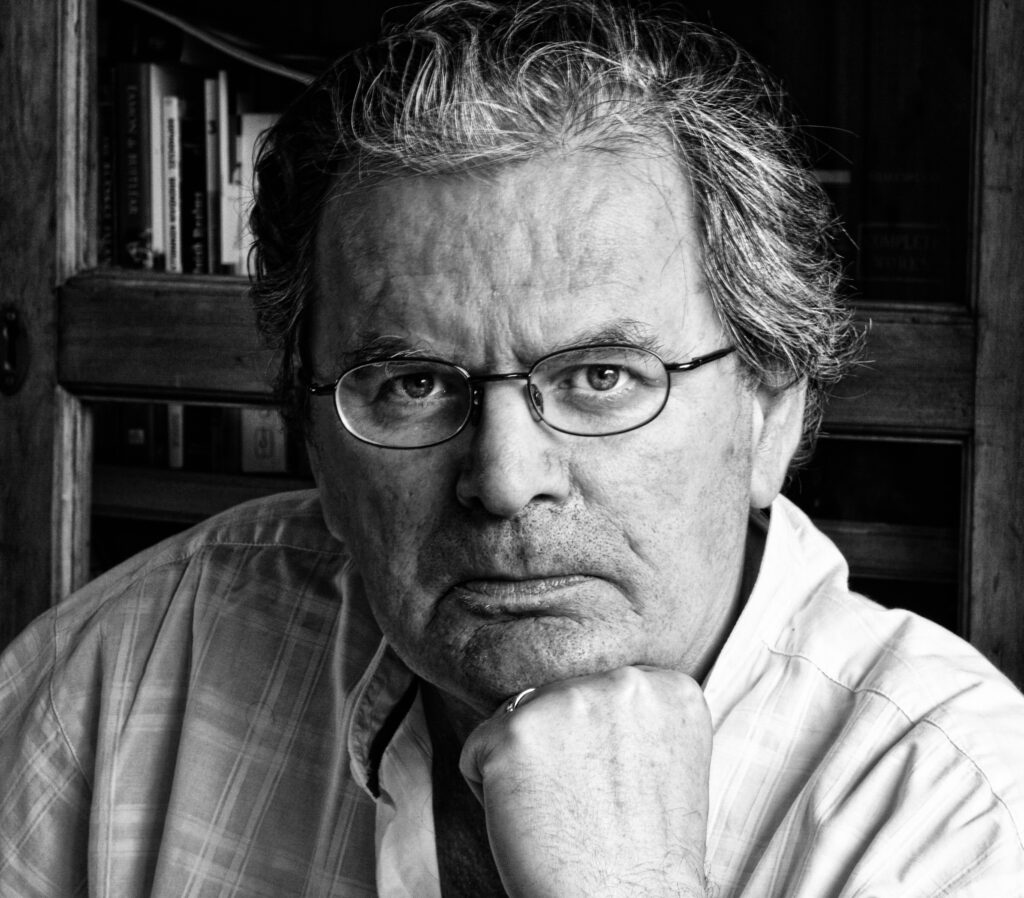The Foreshore Interview: Rachel Fegan

“I love Liverpool, and I love being a scouser”: writer Rachel Fegan discusses ’90s nostalgia, balancing family life and writing, and the birth of her debut novel, The Wonder Bra Years. Interview by Phil M. Shirley Growing up in the 70s and 80s with dreams of becoming a writer—a passion ignited at just 10 years old—I was fortunate to indulge in some of the finest British TV writing. Legends like Dick Clement, Ian La Frenais, Eric Chappell, and Carla Lane crafted classics like Porridge, Rising Damp, The Liver Birds, and Butterflies that shaped my early aspirations. Years later, while working as a sportswriter for the Liverpool Echo, I had the surreal experience of meeting Carla Lane, the brilliant mind behind two of those unforgettable shows – The Liver Birds, and Butterflies. Starstruck and unnervingly tongue-tied, I cherished every moment in the light of her literary presence. Carla Lane is one of only a few writers capable of trading in lacerating irony so effortlessly. I had two scripts – a few episodes of The Liver Birds and the “pilot’ for Butterflies (Lane’s masterpiece – a psychological drama that sneaked under the radar, onto prime-time TV, in the guise of a comedy) – that I studied religiously. I can’t remember where I got them from. Those were the days before the internet, so God knows how. But reading them made me understand and appreciate one of the greatest gifts a writer can have – the gift of identifying the great humour and pathos that exist in even the most seemingly ordinary life and presenting it on the page like it’s some kind of soul nectar one can absorb, through the mind and heart and skin. And then, a couple of years ago, I received an unsolicited manuscript titled The Wonder Bra Years by an unknown (to me) Liverpool writer, Rachel Fegan. The first paragraph blew me away in the way that Carla Lane’s writing did all those years ago. “Imagine the Liverpudlian equivalent of Narnia, but without a wardrobe! An icy blast from the North, a gap at the front door, and a shiver from the East. I was sitting on the bottom stair, next to the phone table, willing the bloody thing to ring.” For a moment, I could imagine Sandra (played by Nerys Hughes in The Liver Birds) musing over such imagery. Fegan’s words evoke that classic Liver Birds spirit. Why not draw parallels? I once penned in my novel The Rivers That Run Through Us “Life is a full circle; patterns emerge and return anew.” And, for me anyway, there are similarities between Lane and her work and Fegan and hers. The Liver Birds was a good but essentially broad comedy about the misadventures (romantic and otherwise) of two young working-class women at the end of the 1960s and during the 1970s.Fegan’s The Wonder Bra Years, a semi-biographical tale about a teenage girl growing up in Liverpool in the early 90s and the good and bad times, offers the same soul-stirring, raw but brilliant blending of comedy and drama, poignancy and piss-taking. The writing on The Wonder Bra Years is honest and hilarious. It captures so much of 90s culture that even the smallest details of the story are brilliant – an amazing observation of the Liverpool sense of humour. “I love Liverpool, and I love being a scouser,” Fegan expresses. “I’ve heard all the typical jokes about us – what do you call a scouser in a suit? – but I laugh them off. Liverpool’s spirit is incredible, which inspired me to write during the pandemic. I wanted to showcase our amazing city. And yes, the punchline to that joke is ‘The accused.’” Unlike Lane, who began writing as a young mother, Fegan’s literary journey blossomed later in her forties. Both women started from humble beginnings, without connections or traditional backgrounds, yet fearlessly explore the intricacies of their female characters. “I hope readers will connect with Nicky, my main character, and embrace her journey through life’s ups and downs,” Fegan shares. “Nicky celebrates her 18th birthday, her first job, and her initial experiences in nightclubs with a fake ID. Most people will relate to her first love, with all its complexities.” “I cherished the 80s, but the 90s truly ignited my spirit,” Fegan recalls. “It was such a vibrant time in Liverpool, brimming with fashion and music. I vividly remember sneaking into clubs dressed in my mum’s clothes at 16—how I got away with it, I’ll never know!” Fegan’s passion for her city shines through her work. The Wonder Bra Years is a nostalgic trip down memory lane, capturing the simple joys of the 90s before the internet and social media’s prevalence,” she explains. “It’ll spark memories and laughter, taking you back to beloved moments, from Crispy Pancakes to Merrydown Cider.” The book’s first draft took about 18 months, followed by another six months of refining. “The most challenging aspect was researching the 90s to ensure accuracy,” she admits. “As a first-time writer, juggling family life with twin daughters made it even more complex.” With exciting plans for the sequel in The Wonder Bra Years series and a children’s book on the horizon, plus the potential for screen adaptation, Fegan assures us that her stories will evoke a spectrum of emotions—laughter, joy, and nostalgia—as Nicky comes of age during that vibrant decade. BUY THE BOOK Rachel Fegan’s brilliant debut novel about a teenage girl growing up in Liverpool in the early 90s and the good and bad times. Paperback, on sale 16 June 2025. Add to Cart ABOUT THE AUTHOR RACHEL FEGAN, a writer from Liverpool, discovered her passion for storytelling in her late 40s during the COVID-19 pandemic. The Wonder Bra Years is her debut novel.


